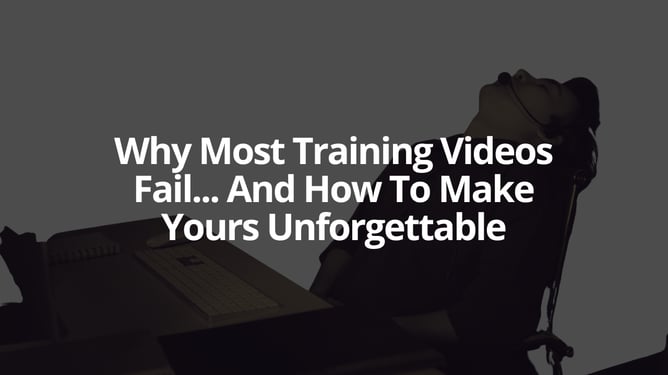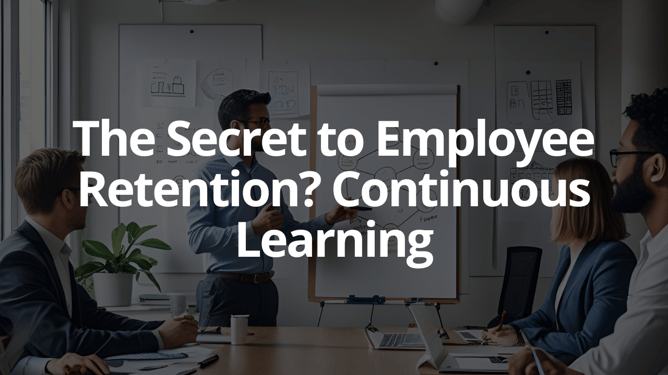The Real Reason You’re Not Making Progress (It’s Not Laziness)
You could buy yourself another notebook or planner. You could indulge in another YouTube binge promising productivity hacks.
Maybe you could follow those extreme LinkedIn influencers who insist you should work wild hours because “you’ll be achieving while the competition sleeps.”
The truth is… you don’t need any of that. Not if you really want to change things. Because the reason you’re not making the progress you want isn’t laziness or lack of effort.
It’s one silent belief.

Here’s something you’ll recognise.
You start strong, full of ideas, energy and intent. Then momentum dries up. Everything slows down until it stops.
If that sounds familiar, you’re in the right place.
Your problem isn’t discipline, productivity, or motivation. It’s a story running quietly in the background, from start to abrupt end.
Let’s explore it.
The Loop
If you’re unlucky, you might once have scratched a physical copy of your favourite album. When it reached song six, your favourite, it would stutter during the second verse until you skipped to song seven.
Maybe that’s a 2000s reference, but it was always awful when it happened.
Only second to now almost being 30 years old… or more.
Anyway, maybe you know the feeling of stuttering to a stop too.
You get inspired.
You map out your plan.
You take action.
You hit friction.
You slow down.
You doubt.
You tweak.
You stop.
This doesn’t mean you’re broken. It means your identity hasn’t yet caught up with your ambition. Here’s what’s important to know… you won’t act differently until you see yourself differently.

You’re Not Lazy, You’re Labelled
When consistency becomes your biggest enemy, it’s easy to call it self-sabotage.
“Maybe I just don’t want to be successful.”
But it isn’t self-sabotage. It’s self-protection. You’re regulating your actions to your beliefs.
Those beliefs might be:
“I’m not the type of person who is good and successful at this.”
This one often hides behind humour, especially the self-deprecating kind. It can also show up as hesitation or over-preparation, always learning but never acting. You keep building the ship, but at some point, you have to lift the anchor and move.
Your strategy is worth committing to, but deep down you don’t believe that the trajectory towards success belongs to you, or that you deserve it.
“If I grow and achieve too much, I might lose things that matter to me.”
If I earn more money, I’ll face more stress. If I lift my head above the parapet, I’ll be visible and open to criticism. If I’m successful, what will it cost me?
Nothing stays the same. Inaction doesn’t freeze life in place. It simply guarantees that nothing improves.
“I’m too much of a perfectionist.”
If fear had a designer clothing line, it would be called ‘Perfectionism’. It usually has less to do with standards and more to do with control. It’s a sign of feeling exposed, not unprepared.
Identity Is the Engine That Drives Every Skill Forward
At this stage, you probably don’t need more how-to articles (ironic, I know). What you need is to look at the identity you’ve attached to yourself.
And that’s good news, because identity isn’t fixed; it’s fluid. No one is born a procrastinator. No birth certificate has ever said “lacks discipline.”
So, if these labels aren’t built in, why do we believe them so deeply? The answer is thought and behavioural patterns.
Psychologist Carol Dweck called it a growth mindset, the belief that we grow through effort and experience rather than fixed traits. Buddhism calls it non-self, the idea that identity isn’t a single, solid thing but an ever-changing mix of thoughts and behaviours over time.
Both ancient and modern agree that identity isn’t static. If you’re the result of your patterns, then to achieve more, you need to change your patterns, not just your plans.
Progress isn’t luck. It’s mechanical. It can be engineered.

In Action
You set goals and start hot, flying out of the blocks with excitement and adrenaline.
A week later, you’re not flying as fast. You’re not even falling. You’re just still. Somewhere during that week, discouragement crept in.
People say you need to focus more, be more disciplined. This is usually when you stumble across those same LinkedIn gurus again, preaching that you can never have fun if you’re serious about success.
Lies.
Instead, revisit your goals and start disproving the limiting belief behind your identity. Track your progress and wins, no matter how small. Change your language from “I’m a procrastinator” to “I’m learning to prioritise what matters most.”
Try without fear of being underprepared or failing, because you know you’ll learn and come back stronger.
Do that long enough and the “ill-disciplined procrastinator” will be unrecognisable, replaced by someone acting in line with who they want to be.
The Limiting Identity Destruction Kit
Let’s start breaking what’s holding you back. Here are three ways to rebuild how you see yourself.
Get Uncomfortable
Commit to one action a day that moves you towards your goals and makes you nervous. Set a timer and tick it off. It proves you don’t need to run from challenges; they just need a little more from you.
Make Your Belief Visible
It sounds counterintuitive, but if a belief stays in your head, it’s hard to fully identify it.
Language makes the invisible visible. Once you can see that limiting belief clearly, you can change it.
“I don’t think I’m good enough to complete this.”
“I think career development will come at a personal cost.”
Record yourself saying them aloud. You’ll drag them out of the dark and into the light. When you listen back, you can question why those thoughts exist and rework them into something better.
Build a Collection of ‘I’ve Got This’ Evidence
Every small win. Every compliment. Every piece of validation that shows growth. Save them somewhere visible so you can remind yourself how far you’ve come.
It’s often easier to see growth in others than in ourselves, so make yours impossible to miss.

Reminder
If nothing about you is permanent, you can become the result of what you practise, not what you fear. You’re the product of your beliefs and the ways you reinforce them. This takes effort and it won’t happen overnight. But when you embody the future version of yourself long enough, the old version becomes unrecognisable.
This is about personal growth, but it’s also about personal freedom.
We help people and teams achieve exactly this. If you’re unsure where to start, or ready to begin, talk to us today.
Many thanks,
Alex & The Excel Team
P.S. If you would like to discuss any of your other learning & development challenges, book in your discovery call.
About Excel Communications
Excel Communications is a learning and development consultancy based near London in the U.K. For more than 30 years; we have been collaborating with clients across the globe.
Partnering with Excel empowers you to evolve your people and business by fuelling a love for learning.
We work with you to create unforgettably, customised learning experiences to achieve your vision of success and growth, with tangible results.
View our case studies here.
/alex-profile-150x150-Aug-19-2022-07-39-26-61-AM.jpg?width=150&height=150&name=alex-profile-150x150-Aug-19-2022-07-39-26-61-AM.jpg)




